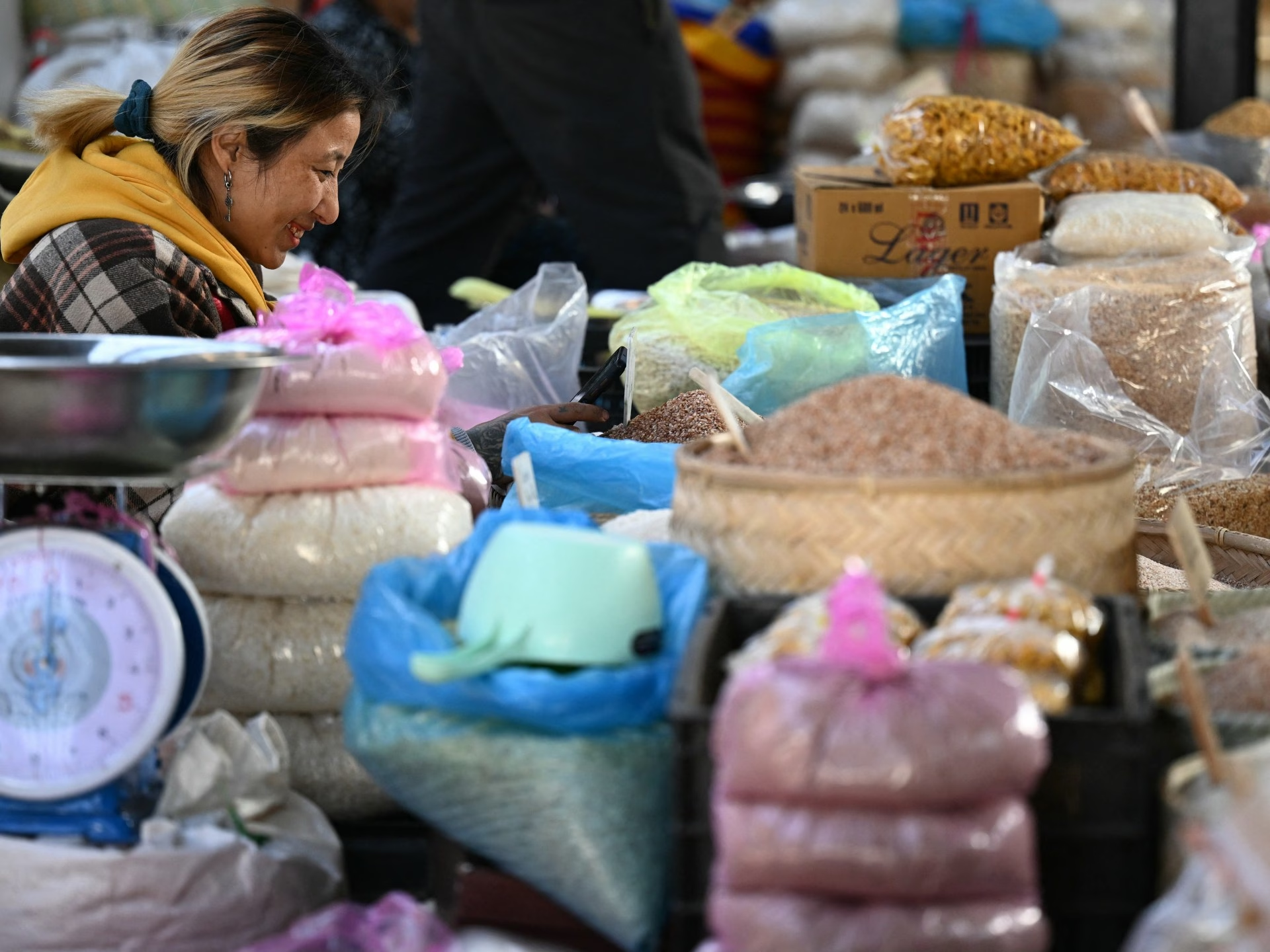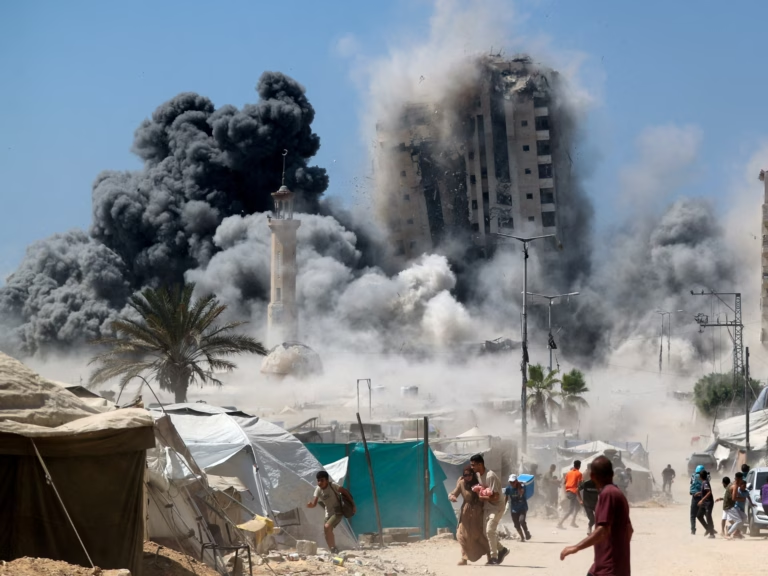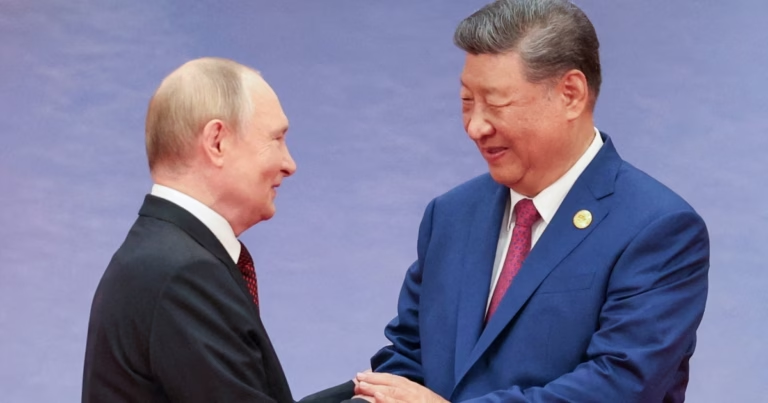For many years, Bhutan took an unusual approach to measuring its economic and social progress by using metrics such as happiness and sustainability. However, with the onset of economic difficulties and the issue of brain drain, Bhutan has opted for a novel emblem of progress—embracing Bitcoin, a move positioning Bhutan as a leader in financial innovation.
Situated at the crossroads of India and China, Bhutan, the world’s first carbon-negative country, has amassed millions of dollars in Bitcoin mining in recent years. This move is unique as no country other than Bhutan has made such an extensive investment.
“Why is Bhutan so invested in Bitcoin? How does the country handle the energy-intensive process of mining Bitcoin? How much wealth in Bitcoin does the nation possess? And given the extreme changes in Bitcoin’s price over the years, does Bhutan’s decision carry risks?”
Bitcoin, the first decentralized, peer-to-peer cryptocurrency introduced in 2008, operates outside of government control. Investors can buy or sell Bitcoin, and all transactions are documented on a shared ledger called the blockchain. The value of Bitcoin is capped at about 21 million coins, with a majority being mined and around 1 million remaining.
To mine Bitcoin, a high-powered computer must solve a complex equation, thus bringing a new digital coin into circulation. Bhutan uses its hydropower plants to power these supercomputers, tapping into surplus energy during the summer months when water flow is at its peak.
Despite its mountains and forests, Bhutan struggles economically. Without access to the sea and with about 70% of its non-arable land due to its rugged terrain, Bhutan relies heavily on importing food from neighboring India. The capital, Thimphu, struggled to draw tourism after the COVID-19 pandemic, with the country aiming to welcome around 300,000 tourists annually.
Prime Minister Tshering Tobgay stated that the country’s young and educated are leaving for better-paying jobs in developed countries. In response, the Bhutanese government used profits from Bitcoin to double civil servant salaries in 2023.
Regarding its holdings, Bhutan has not details its Bitcoin reserves. However, the blockchain intelligence firm Arkham estimates that Bhutan’s Bitcoin holdings amount to over $600 million, about 30% of its GDP, as of April 9.
While being a small nation, Bhutan has embraced technology, and its king advocates for investing in the country’s digital infrastructure. The capital’s cool temperatures and excess hydroelectric production make it ideal for Bitcoin mining.
However, the sustainability of Bitcoin mining is questioned due to its energy consumption. Nonetheless, Bhutan’s Bitcoin mining is seen as a venture that allows economic growth while adhering to its values of environmental conservation and happiness.
In comparison, the stance of other governments on Bitcoin has evolved. The United States created a strategic Bitcoin reserve, and El Salvador holds nearly $550m in Bitcoin. Other countries, such as the Central African Republic and France, have recognized Bitcoin as legal tender. Pakistan has even appointed the founder of Binance, the world’s largest cryptocurrency exchange, as an adviser to its Cryptocurrency Council.
Source: https://www.aljazeera.com/economy/2025/4/14/bitcoin-king-why-is-bhutan-betting-on-crypto?traffic_source=rss







